Scientists have developed a CRISPR-based diagnostic that detects pathogens in blood with million-fold greater sensitivity—without the need for DNA amplification.
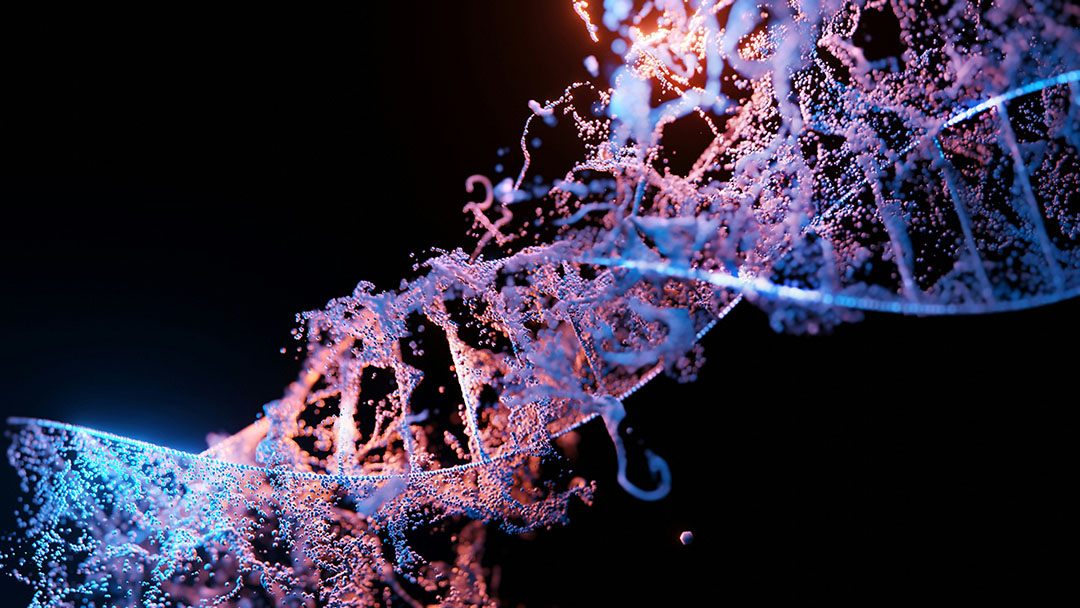


Scientists have developed a CRISPR-based diagnostic that detects pathogens in blood with million-fold greater sensitivity—without the need for DNA amplification.

Regular blood donation may reduce preleukemic changes in blood cells, promoting health benefits and helping blood cells respond to stress over time.

A comprehensive study by Sea Otter Savvy reveals the significant energy costs of human disturbance on sea otters, highlighting the need for better conservation practices to protect these vulnerable marine mammals.

Researchers have developed efficient catalysts by combining palladium with organic molecules, significantly reducing the cost of hydrogen fuel production.
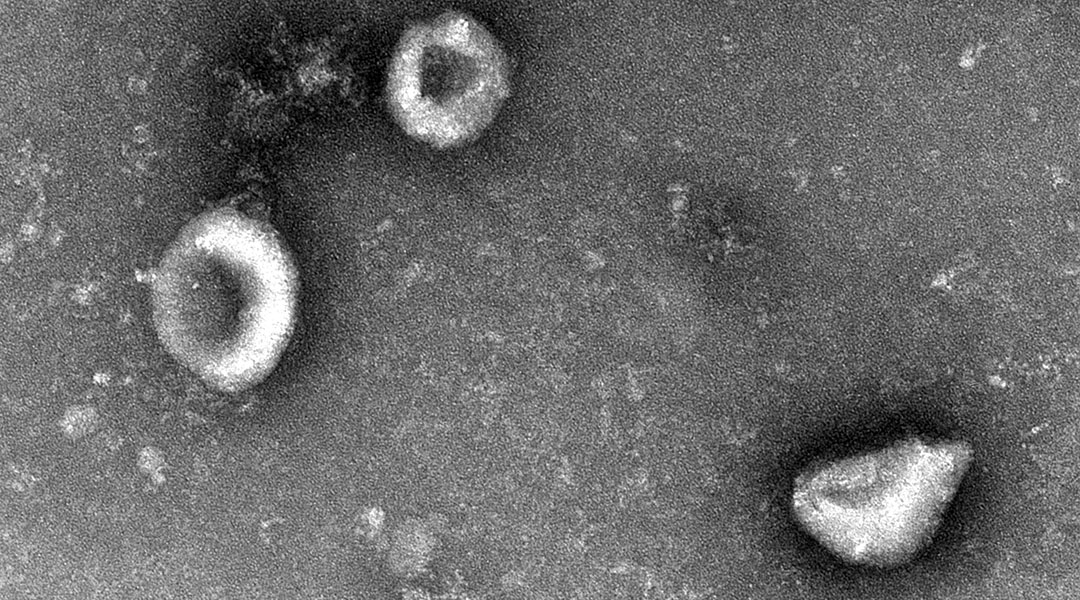
A nanoparticle targets mitochondria in cancer cells, offering a promising new strategy to tackle chemotherapy resistance tumor spread.
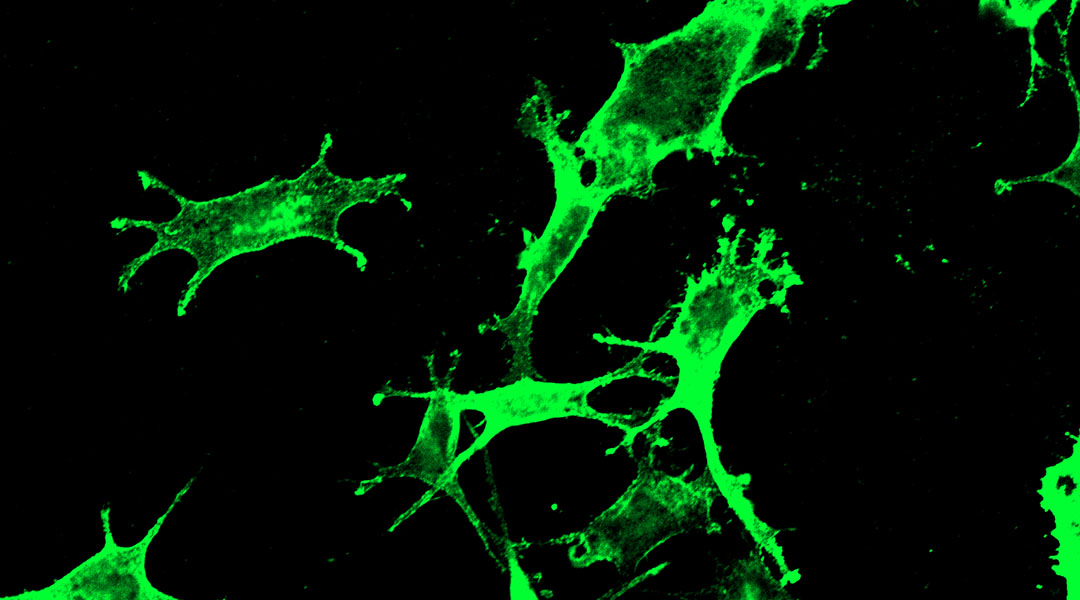
SARS-CoV-2 marker used to trigger the immune system against cancer, showing promise in shrinking tumors and improving survival in mice.
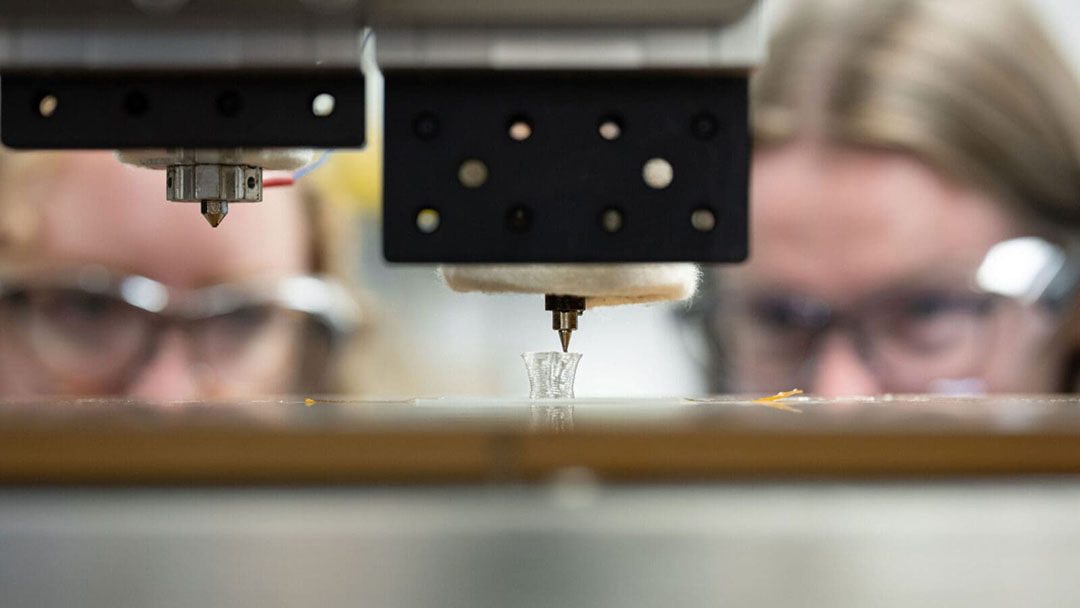
A 3D printing technique creates recyclable plastics with adjustable flexibility and strength for soft robots and medical devices.
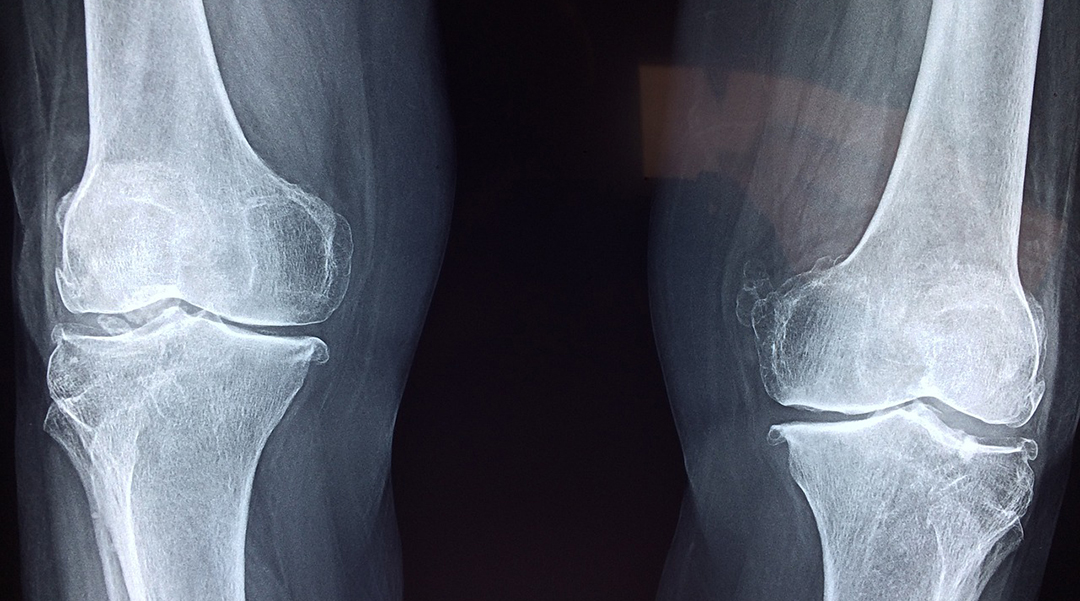
Bone implants integrate better with the body when they mimic the natural handiness of molecules that make up our bones.

New drug reverses fentanyl overdoses by targeting opioid receptors outside the brain, avoiding withdrawal caused by traditional treatments.

Scientists uncover the role of soil fungi in improving crop yields and balancing complex plant-pollinator interactions.